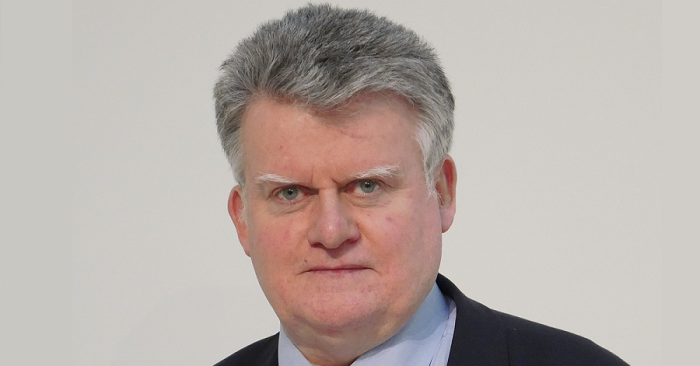Johnny Timpson has called on government to do more to encourage employers to rollout adequate income protection (IP) provision and improve access for the self employed.
Timpson’s comments came as a report from the Resolution Foundation indicates the UK lags behind other Organisation for Economic Co-operation and Development (OECD) countries when it comes to sick pay provision.
The Resolution Foundation’s Low Pay Britain 2024 report concluded that where the UK’s statutory sick pay system matters most, how well workers’ earnings are protected when off sick, it was the least generous other than the two countries that have no protection at all.
The organisation did credit the some elements of the UK system such as the maximum duration of employer-provided sick days of 28 weeks, but in its most important elements the UK did not fair well.
Embarrassing levels of statutory sick pay
Speaking to Health & Protection about the report’s findings this morning, Timpson (pictured) said: “It’s embarrassing how low statutory sick pay provision is in the UK relative to other developed nations.
“We have about 50% of employed people already working for employers who go beyond statutory sick pay which is great, but we need to make sure that the level of sick pay replacement is set at a living level.
“I think we should be giving ready access to rehabilitation support to bring them back into the workplace as early as possible, giving them ready access to workplace adjustments.
“The government do have the Access to Work scheme as a support mechanism as well, but there have been long standing problems with Access to Work in terms of there being big delays in getting access to support. That needs to be remedied as well.”
Timpson added supporting and encouraging employers to provide really good quality income protection benefit and rehabilitation support at work was key.
“Because although we have got 52% of employees that have got that, that workplace provision needs to be at a meaningful provision,” Timpson continued.
Group platforms for self-employed
Timpson also called for further action to tackle the issue of self-employed people’s lack of access to income protection.
“We have an increasing number of people who are self-employed and we can’t keep admiring the problem,” Timpson said.
“We do need to actually tackle improving self-employed consumers ability to make adequate pension provision.
“That’s actually gone backwards, but we need to improve their resilience to income and expenditure shocks as well and encourage them to be able to access an affordable income provision too.”
He argued the government could resurrect a proposal from former political strategist Matthew Taylor.
“One of the things that has never really been taken forward is what Matthew Taylor proposed, he suggested self-employed people creating platforms to access services on a group basis,” Timpson continued.
“That has never been really been taken forward and certainly should be revisited.”
